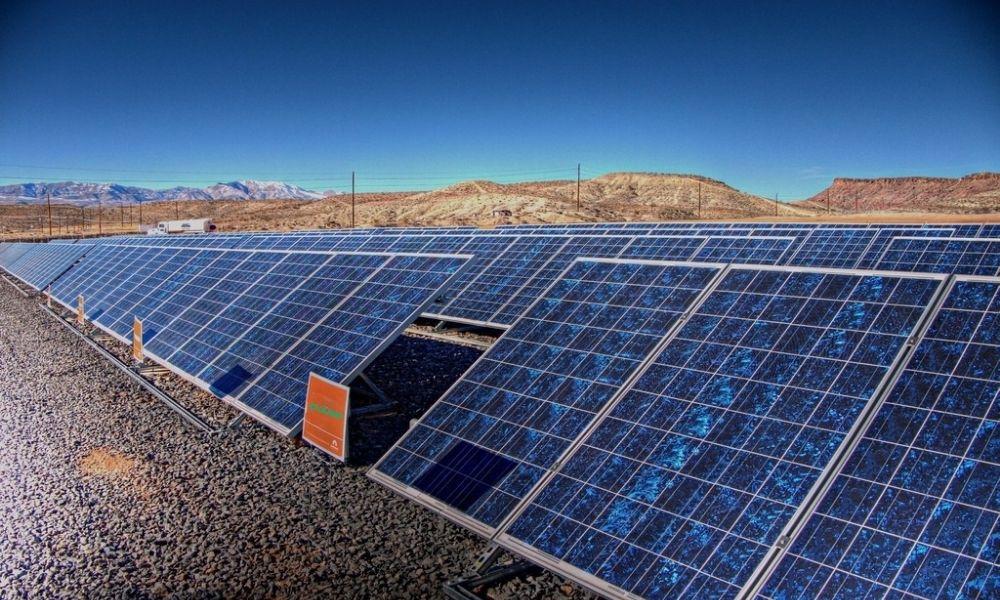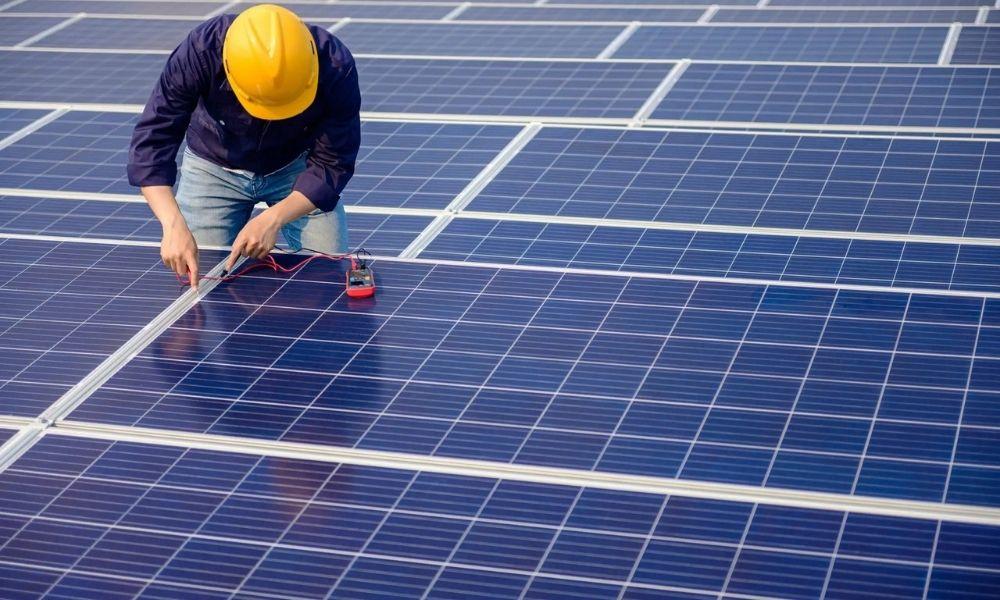Is there a risk of electrocution from solar farms?
Working Principle
The main components in the whole solar farm are: solar panels, inverters, a racking system, an electrical system, and a monitoring system.
Among other things, solar panels convert solar energy into electricity through the photovoltaic effect. This process is safe under normal circumstances, with a single photovoltaic panel generating a DC voltage of up to 50V when exposed to sunlight, unless these panels are connected in series, then the voltage can be as high as 400 volts and above before it can pose a risk of electrocution.

Sources of electrocution risk
Damaged components: When a solar panel is broken, its internal cells may be exposed, which can easily cause short circuits or arcs that can lead to fires. This risk increases significantly, especially in hot, dry environments, and may result in current leakage, which can lead to electrocution.
Improper Installation: If a solar system is not properly installed, such as exposed or damaged wires, it can lead to an electrocution hazard.
Deterioration of grounding performance: If the performance of the grounding system deteriorates over time, it increases the risk of people approaching and coming into contact with the metal parts of the PV system, thus increasing the possibility of electric shock.
Preventive Measures
Professional Installation: Ensure that the PV system is installed by a certified professional, following all safety codes.

Regular inspection: Regularly inspect the equipment of the solar farm to ensure that the installation and maintenance of electrical equipment meets the safety standards, and if it encounters breakage or aging, replace it in time to avoid triggering electrocution accidents.
Use qualified equipment: Choose high-quality solar panels and electrical equipment and make sure they are well-insulated and safe.
Train maintenance personnel: Provide safety training to personnel engaged in PV system maintenance to improve their safety awareness and emergency response capability.
Installation of protective devices: Install leakage protectors and other safety equipment in the system to prevent the risk of electric shock and fire.
Conclusion
Solar farms are safe under normal use and maintenance, but the risk of electrocution does exist. This risk can be effectively reduced through proper installation, regular inspections, and appropriate safety measures.